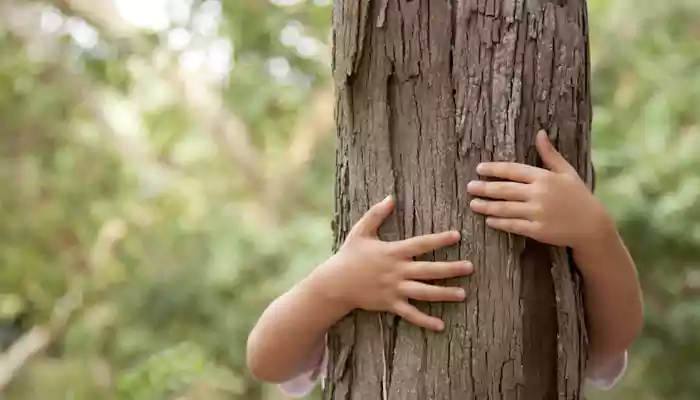Teaching Children Environmental Responsibility – 10 Fun And Educational Nature Activities
Teaching children about environmental responsibility is crucial in fostering a sustainable future.
- Ishani Karmakar
- 09 December, 2023
- 2 mins ago

Teaching Children Environmental Responsibility – 10 Fun And Educational Nature Activities
Teaching children about environmental responsibility is crucial in fostering a sustainable future.
Engaging children in fun, educational activities is an effective way to instil a love and respect for nature. Here are ten nature activities that can help teach children about the environment while providing valuable learning experiences.
Nature Scavenger Hunts
Organize a scavenger hunt in a local park or garden, where children can search for various natural items like leaves, stones, and flowers. This activity encourages exploration and observation skills, making them more aware of their natural surroundings.
Gardening Projects
Involve children in gardening, whether it’s in a backyard or a community garden. Planting seeds and watching them grow teaches children about plant life cycles and the importance of caring for the environment.
Bird Watching and Identification
Equip children with binoculars and a bird identification book. Bird watching helps children learn about different species, their habitats, and the importance of biodiversity.
Recycling and Upcycling Crafts
Use recycled materials for craft projects. Children can create art from items that would otherwise be discarded, teaching them about waste reduction and resourcefulness.
Water Conservation Experiments
Conduct simple experiments to demonstrate how to conserve water. For instance, compare the water levels used in a bucket versus a running tap while washing hands. This visual demonstration can emphasize the importance of water conservation.
Nature Walks with a Focus on Ecology

Take nature walks and discuss the local ecosystem. Teach children about food chains, the role of different species, and the impact of human activities on these systems.
Litter Clean-Up Days
Organize community clean-up days. Picking up litter in local parks or beaches instils a sense of community responsibility and shows the impact of littering on the environment.
Wildlife Documentary Screenings
Arrange screenings of wildlife and environmental documentaries suitable for children. These films can be both educational and inspirational, sparking interest in environmental issues.
Energy Conservation Workshops
Host workshops to teach children about energy conservation. Activities can include learning to turn off lights when not in use and understanding the benefits of renewable energy sources.
Plant and Animal Observation Journals
Encourage children to keep a journal for plant or animal observations. Regular entries on their observations can foster a deeper connection and understanding of the seasonal changes and life cycles in nature.
Incorporating Environmental Education in Everyday Life
Incorporating these activities into children’s education is not just about the activities themselves but also about instilling an environmental ethic. It’s important to have ongoing conversations about why these activities matter and how they connect to broader environmental issues.
The Role of Schools and Communities
Schools and community organizations play a pivotal role in providing these experiences. Collaborations between schools, local parks, and environmental organizations can offer a more diverse range of activities and learning opportunities.
Technology Integration
Incorporating technology can also enhance these activities. Apps for identifying plants, birds, or stars can make nature exploration more interactive and informative.
Long-Term Benefits
These activities have long-term benefits. Children who are exposed to nature and taught about environmental responsibility from a young age are more likely to become environmentally conscious adults. They are also more likely to advocate for environmental issues and take actions to protect the planet.
Through these fun and educational activities, children can develop a deep appreciation and respect for the environment. These experiences not only educate them about the natural world but also instil a sense of responsibility to care for it. As they grow, these values and lessons will guide them in making more sustainable choices, ultimately contributing to a healthier planet for future generations.






